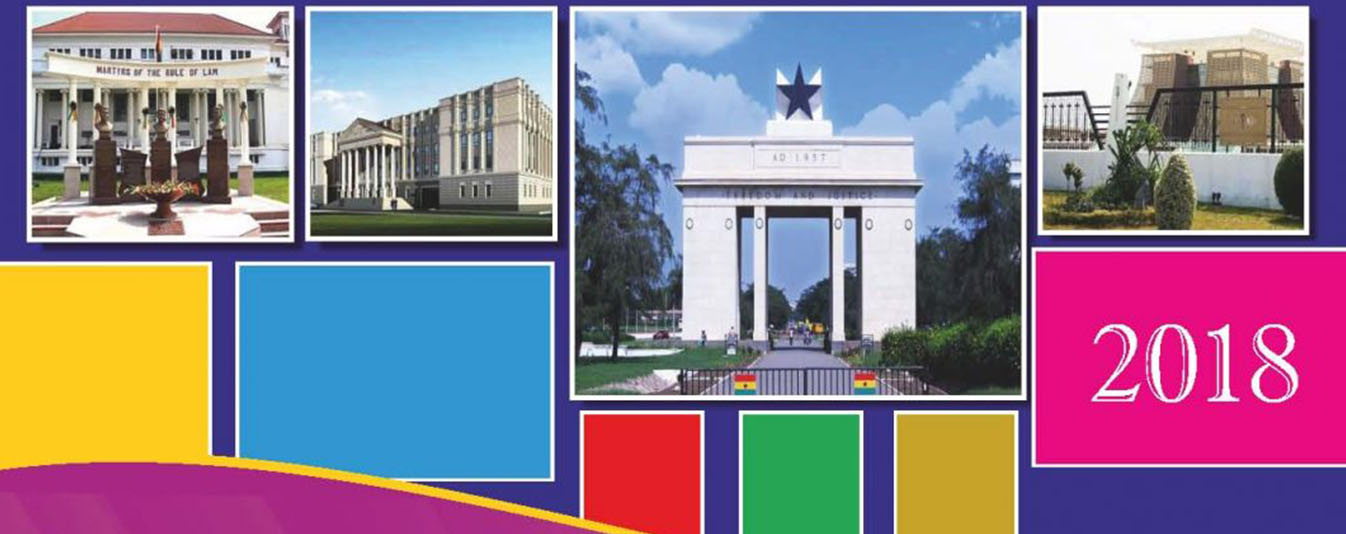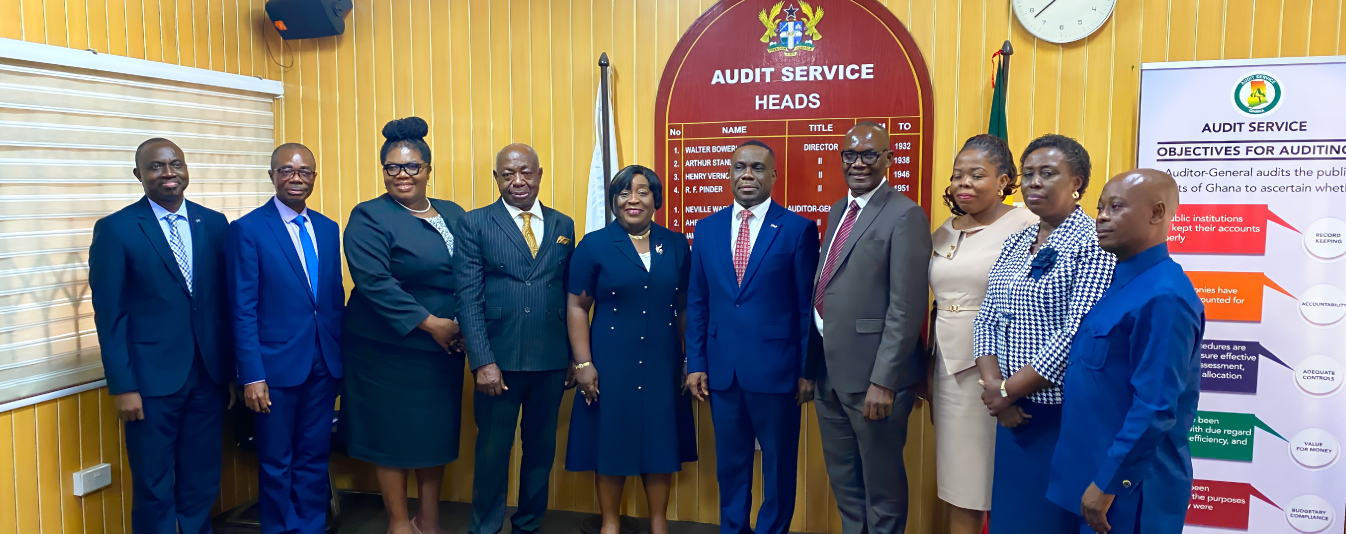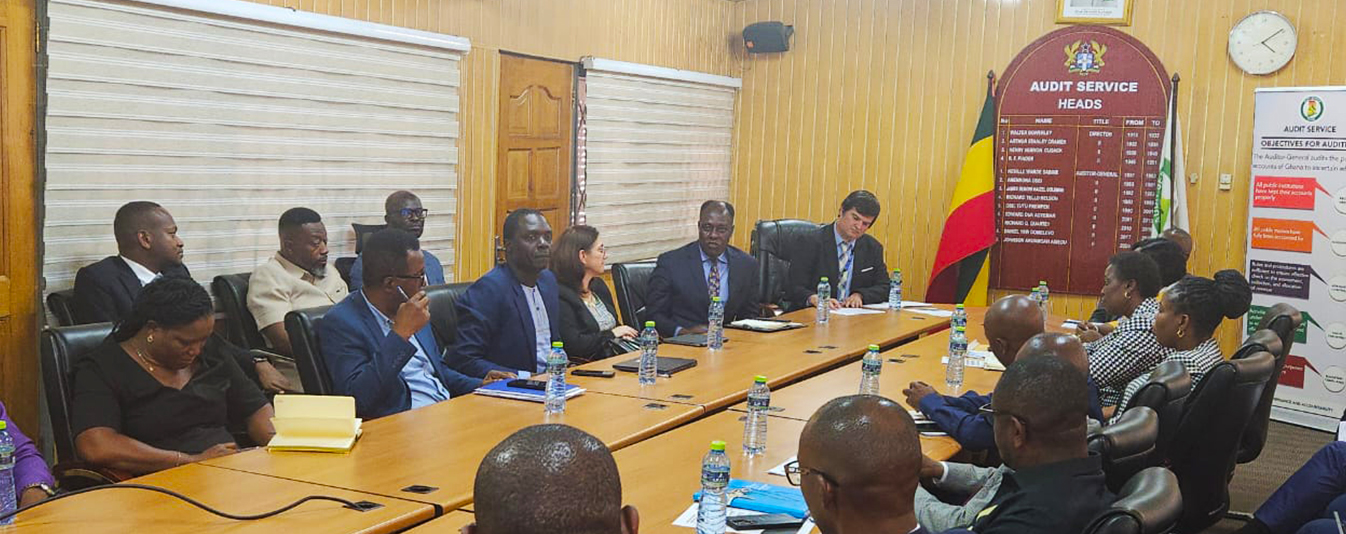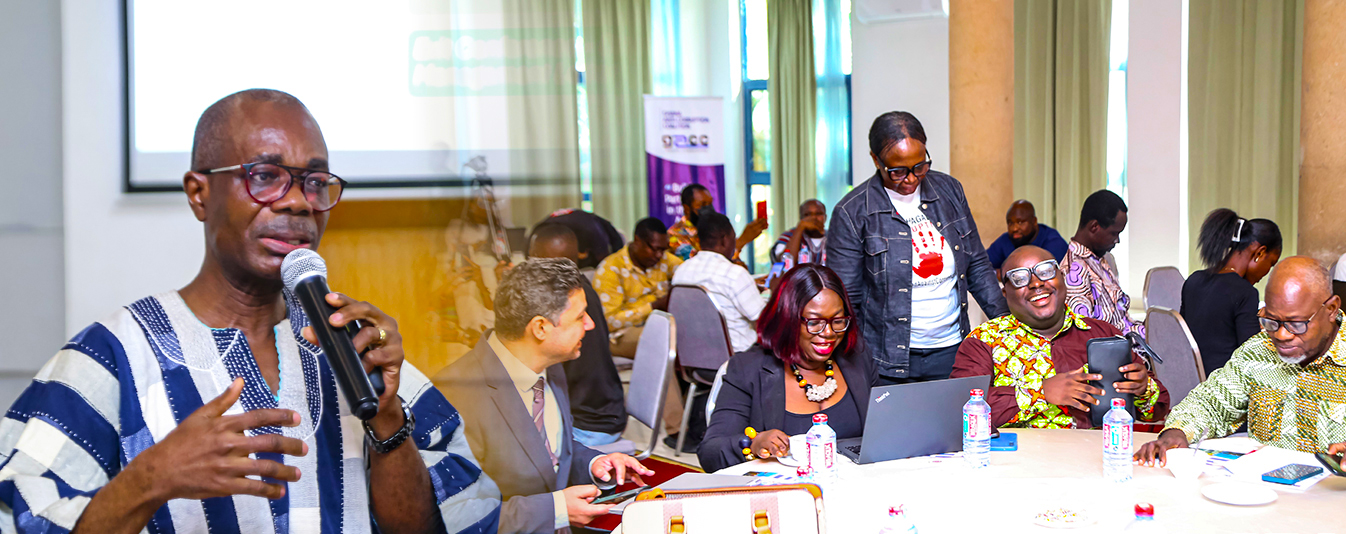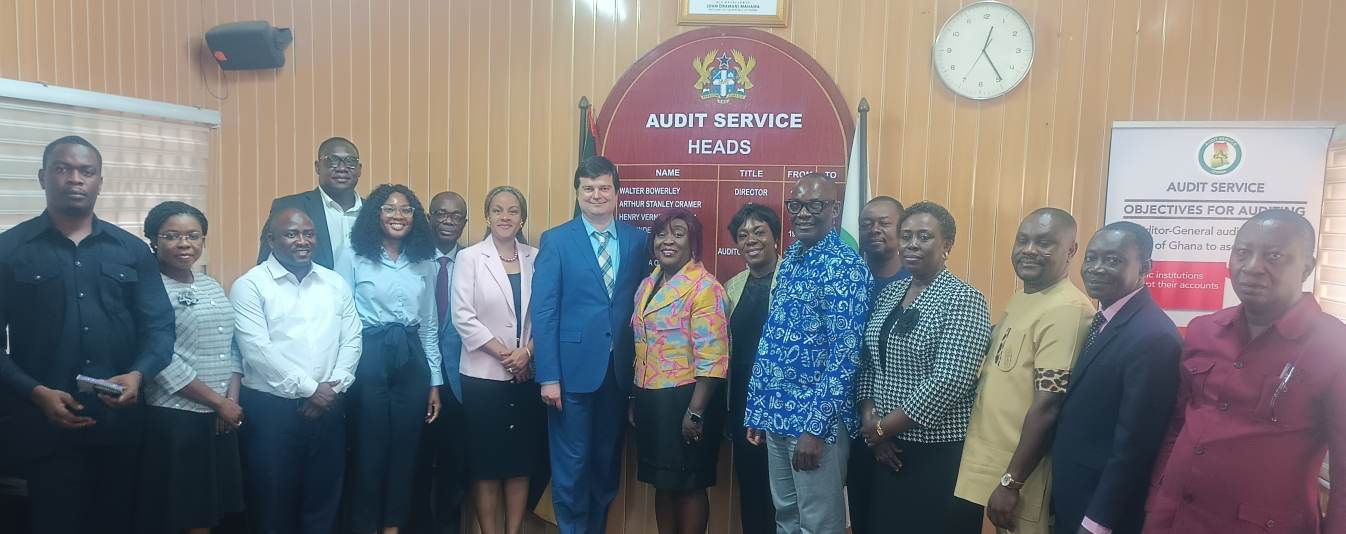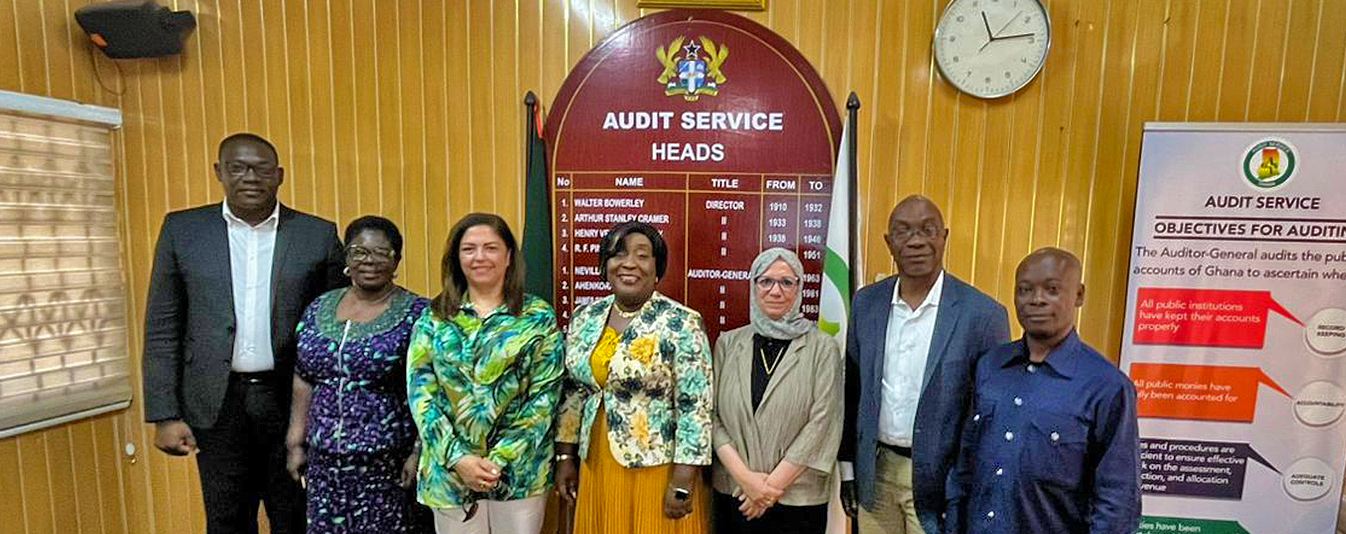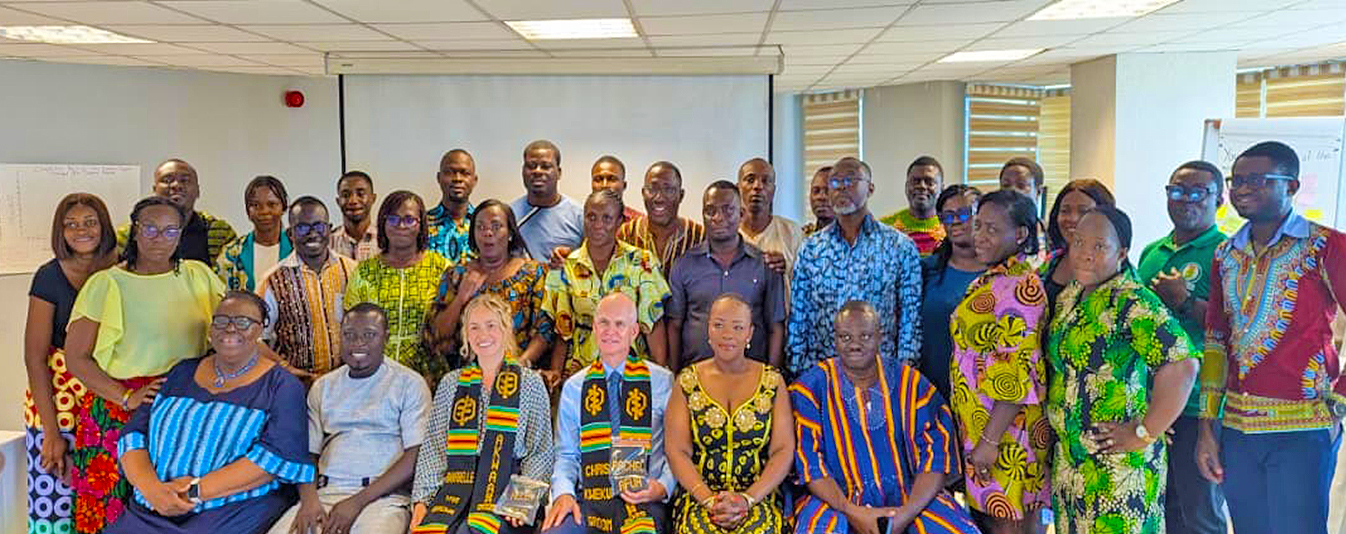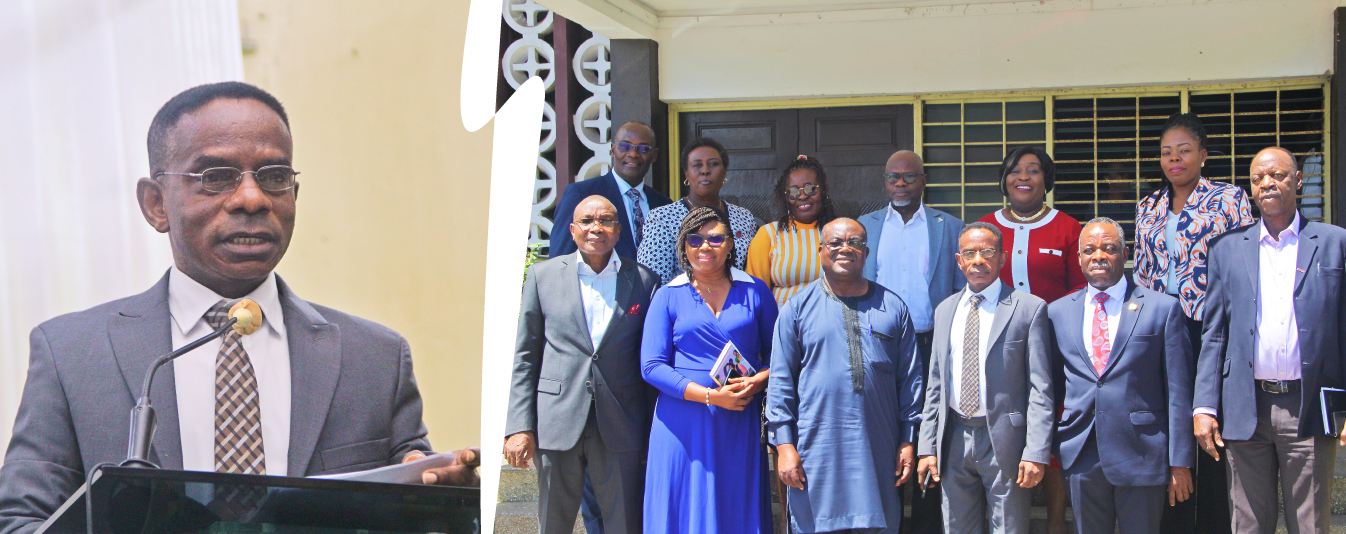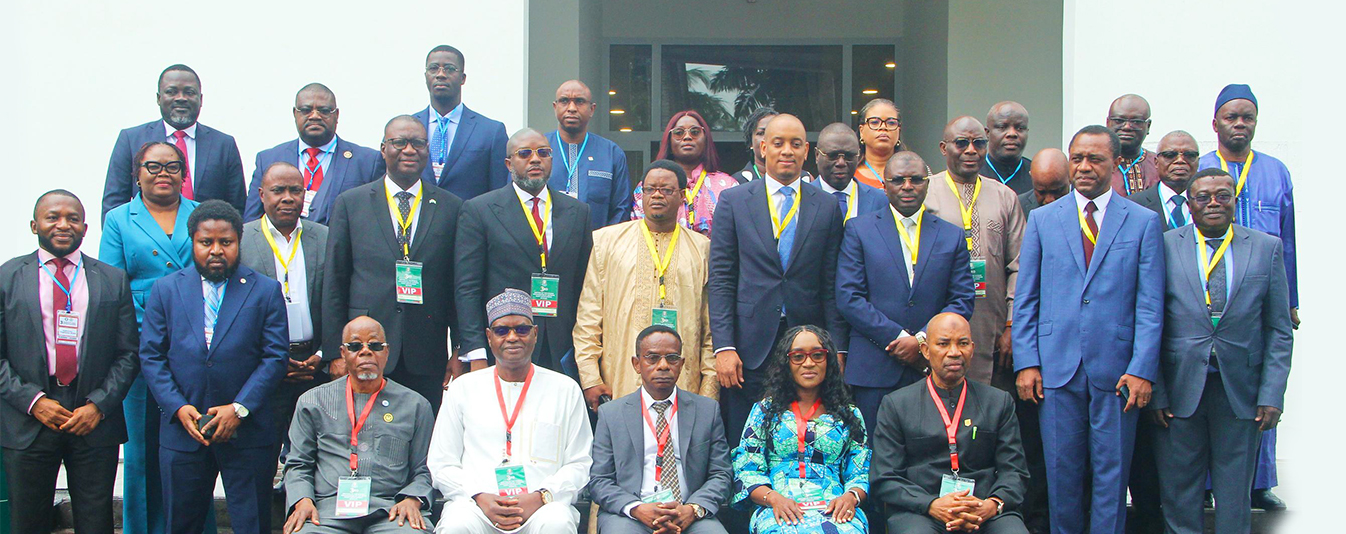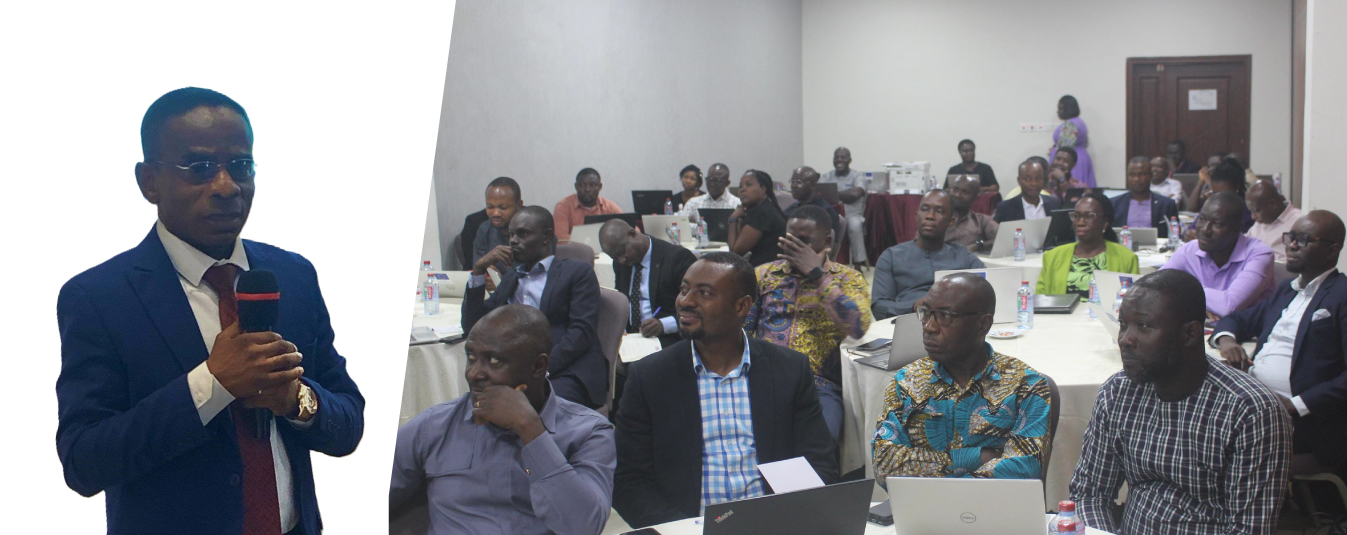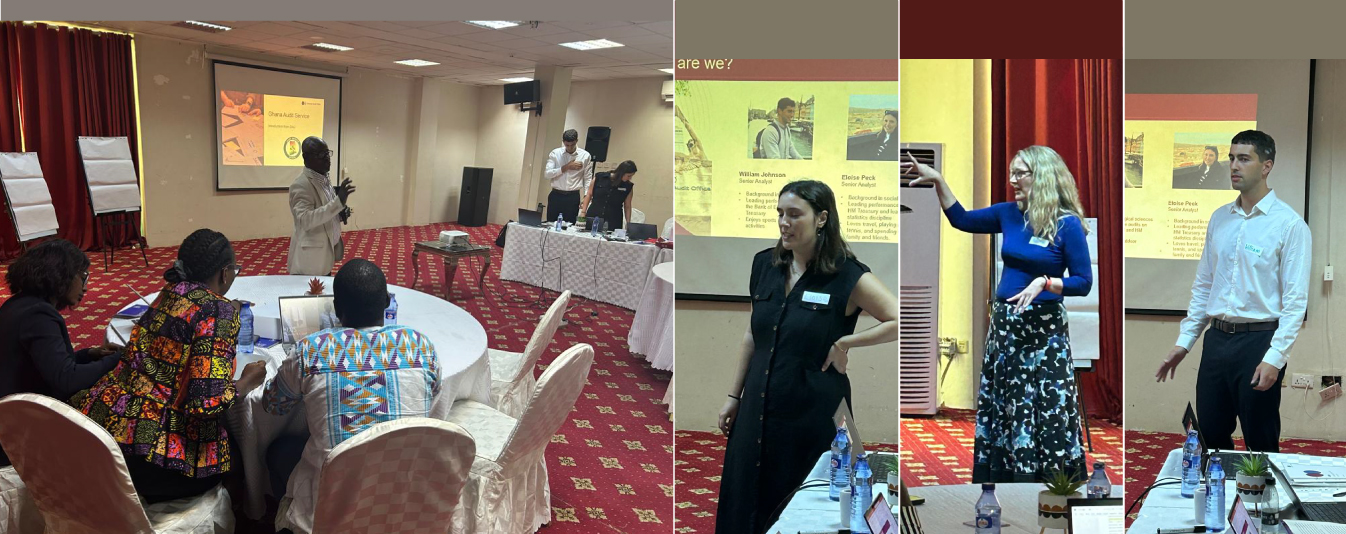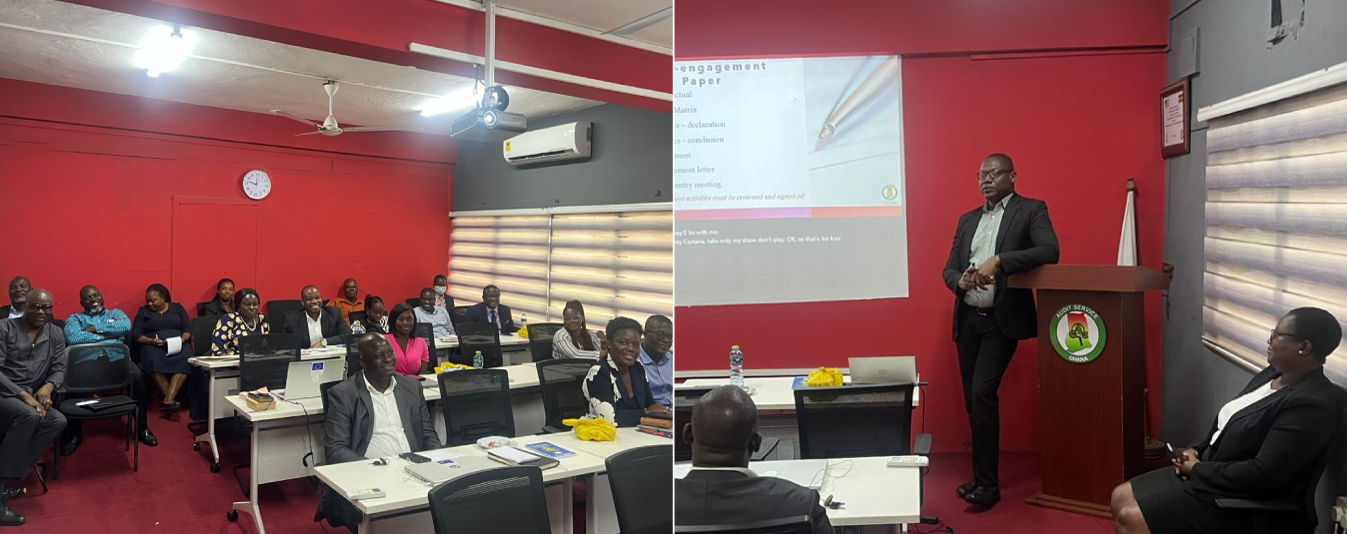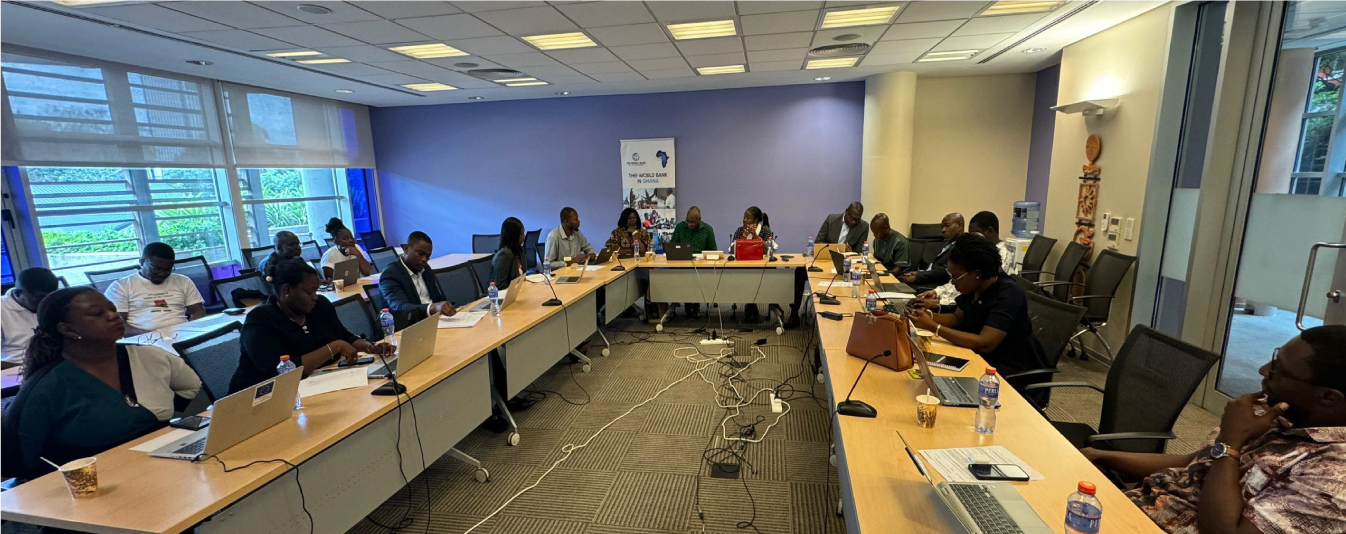The Ghana Revenue Authority (GRA) failed to collect tax revenue and also apply measures and sanctions against defaulters. The Auditor-General, Mr. Daniel Yaw Domelevo reported this infraction in the Annual Report of the Auditor-General on the Public Accounts of Ghana, Ministries, Departments and other Agencies (MDAs) for the year ending 31 December, 2018.
The report disclosed that tax irregularities formed 92.15 percent of the total financial infraction reported in the Auditor-General’s report. The report included that the GRA did not collect GH¢33,675,044 due from ten oil marketing companies who failed to pay taxes on petroleum products lifted at the Tema Oil Refinery (TOR) between November 2016 and November 2017.
The AG also reported that cash irregularities cut across the MDAs and attributed unapproved disbursement, unauthorized use of Internally Generated Funds (IGF) and payment of public funds into personal bank accounts as some of the infractions to this irregularity. Out of the total cash irregularity of GH¢388,925,019.94, the report cited that the GRA and the Ministry of Finance (MoF) made payments of GH¢312,235,683 which were not tax refunds from the General Refund Account of GRA.
Out of a total amount of GH¢3,941,756 reported as rent irregularities, GH¢3,426,423 was recorded as rent that 39 tenants of the UNDP flats at Cantonments, had defaulted in paying between 2015 and 2017. The report showed that this irregularity occurred because the Estate Officer at the Ministry of Works and Housing failed to ensure that tenants pay their rents and the Ministry did not have adequate data on occupants as well as tenancy agreements.
In addition, the report showed that contract irregularities amounted to GH¢5,598,252.00. Out of this amount, the MoF paid Kroll Associates GH¢4,890,000 in 2017 to recover government assets in possession of private individuals. The MoF however, could not provide any evidence of work done by Kroll Associates during the period of audit.
As part of stores and procurement irregularities, MDAs did not collect value books that Controller and Accountant General (CAGD) had printed on their behalf. The AG reported that this expenditure was mainly due to the absence of effective collaboration between CAGD and the MDAs regarding the printing and management of the value books as well as lack of commitment on entity heads to ensure compliance with established internal control measures, administrative rules and legislations governing the procurement process. This infraction cost the nation GH¢3,539,858 out a total of GH¢ 6,823,337 recorded under stores and procurement irregularities.
The AG reported that between January 2011 and October 2018 a total of GH¢792,571 was paid to 91 separated staff at Kibi, Tafo and Koforidua treasuries. These payroll irregularities, he stated, were due to delays in deleting names from the payroll as well as banks delaying in transferring unclaimed pensions and salaries to government chest.
The report showed that a significant amount of 191,000 out of a total of 594,889 outstanding loans remain unrecovered from some staff at Tepa Nursing and Midwifery Training College.
The report revealed that the overall financial impact of weaknesses and irregularities amounted to GH¢5,196,081,899.94. In the Auditor-General’s opinion the irregularities represent either losses that had been incurred by the State through the impropriety or lack of probity in the actions and decisions of public officers or on the other hand, the savings that could have been made, if public officials and institutions had duly observed the public financial management framework put in place to guide their conduct and also safeguard national assets and resources.
The overall objectives of the audit was among others to determine whether proper records and books of accounts were maintained, the accounts were properly kept, all public monies due were fully accounted for, monies were expended for the purposes for which they were appropriated and the expenditures made as authorized and programmes and activities were undertaken with due regard to economy, efficiency and effectiveness in relation to the resources utilised and results achieved.

